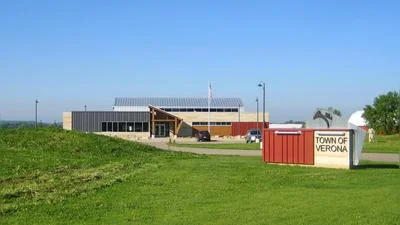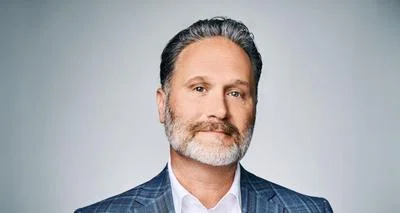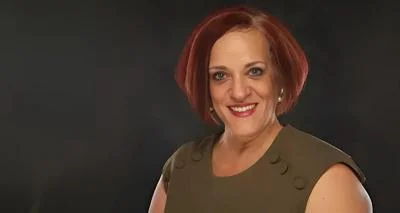American Family Children's Hospital issued the following announcement on Dec. 23
To honor the day, the University of Wisconsin Carbone Cancer Center is reflecting on some of the lifesaving innovation and groundbreaking research that have taken place in Wisconsin not just in the last half century but the last 100 years, and leaders are looking ahead to what the next 50 years could bring to reduce the burden of cancer in Wisconsin and beyond.
The National Cancer Act established the National Cancer Institute (NCI) in its current form and called on health systems to create cancer centers that focused on advanced clinical research, diagnostics and treatments for cancer. The University of Wisconsin Clinical Cancer Center, as it was known at the time, became only the fifth NCI-designated comprehensive cancer center nationwide and has maintained that designation ever since, now joined by more than 50 centers across the country.
UW Carbone, as it was renamed in 2006, has been at the forefront of not just fighting cancer but shaping what that fight should look like in the United States, according to Dr. Howard Bailey, director of UW Carbone.
“When the National Cancer Act was signed 50 years ago, we already had 50 years of experience studying the disease and could help shape research and care priorities,” Bailey said.
In the 1930s, Dr. Frederic E. Mohs, a surgeon at UW Hospital and Clinics and faculty member at the UW Medical School (now the UW School of Medicine and Public Health), developed a procedure — Mohs surgery — to treat patients with skin cancer.
His method is still used today, and some quick and creative work allowed Mohs surgeons to rapidly reschedule and perform more than 600 skin cancer surgeries that were postponed in the early days of the pandemic.
In the 1940s, the McArdle Memorial Laboratory for Cancer Research opened its doors and became the first cancer research center founded by a university in the United States.
In the 1950s, Charles Heidelberger, professor of oncology, developed fluorouracil, or 5-FU, which would become one of the most widely used chemotherapy drugs in the world.
Today, the legacy of developing paradigm-shifting cancer therapies continues in new and exciting ways, from creating personalized vaccines made from a patient’s own cells to developing more targeted and effective immunotherapies.
For instance, the Program for Advanced Cell Therapy was launched at UW Carbone in 2016 to develop personalized cell technologies for improving health outcomes in children and adults with unmet medical needs, such as radiation-caused dry mouth, and testing those therapies through first-in-human clinical trials.
UW Carbone has also established itself as a leader in precision medicine. It is home to the Precision Medicine Molecular Tumor Board, which reviews cancer cases based on patients’ specific genetic mutations and recommends specific targeted therapies. The board has reviewed more than 5,500 cases since its inception six years ago.
Now, thanks to the National Cancer Act, cancer is more preventable and treatable. More cancer patients survive today than ever before, but there is still work to do, said Bailey.
“The five-year survival rate is still less than 10% for patients with pancreas cancer, for example,” he said. “So, researchers at UW Carbone are working to understand possible biomarkers for pancreas cancer that could show up in a blood test.”
Researchers at UW Carbone have also recently discovered that metastatic prostate cancer comes in two forms, which allows more research on how the types respond to certain hormone-based treatments.
In another recent study by a UW Carbone member, researchers discovered a key feature in breast cancers that made them either vulnerable or resistant to paclitaxel treatment, a very common breast cancer drug. This new discovery could substantially shift breast cancer treatment regimens.
“Until we have a cure for every cancer, our work is not done,” said Bailey. “I hope the next 50 years brings innovations in prevention, early detection and treatment that we cannot even imagine today.”
A recorded interview with Bailey on this topic is available.
Original source can be found here.






 Alerts Sign-up
Alerts Sign-up